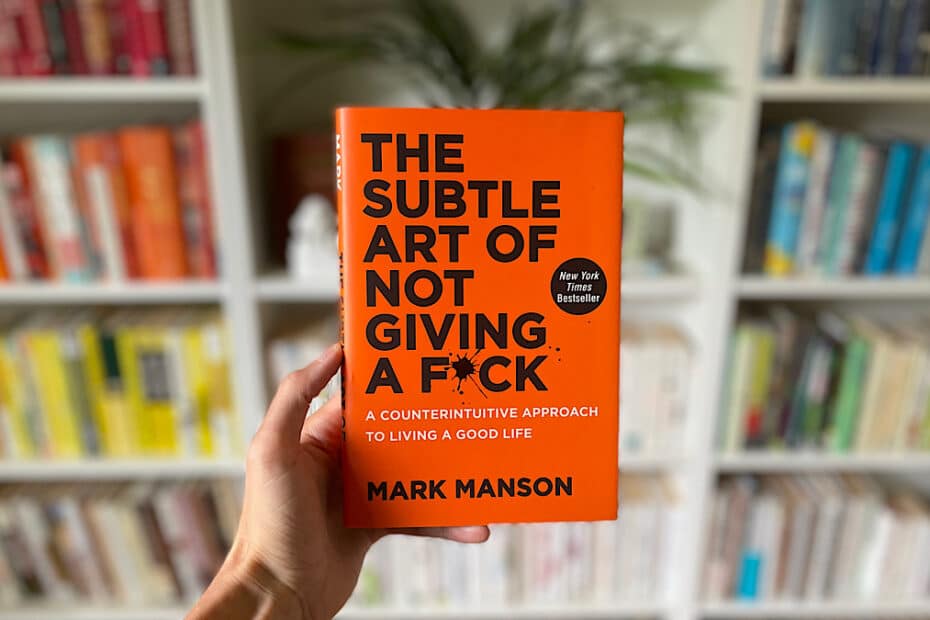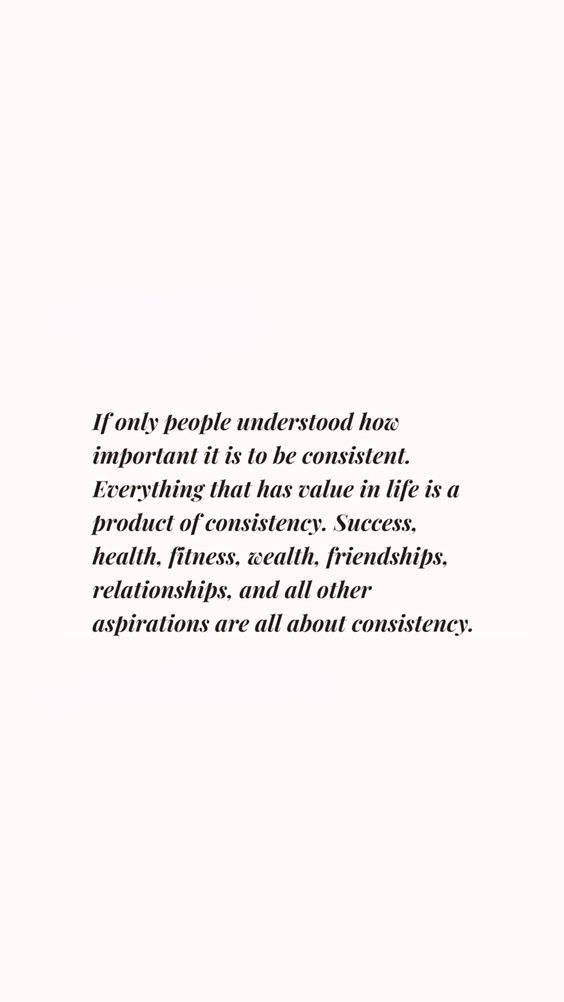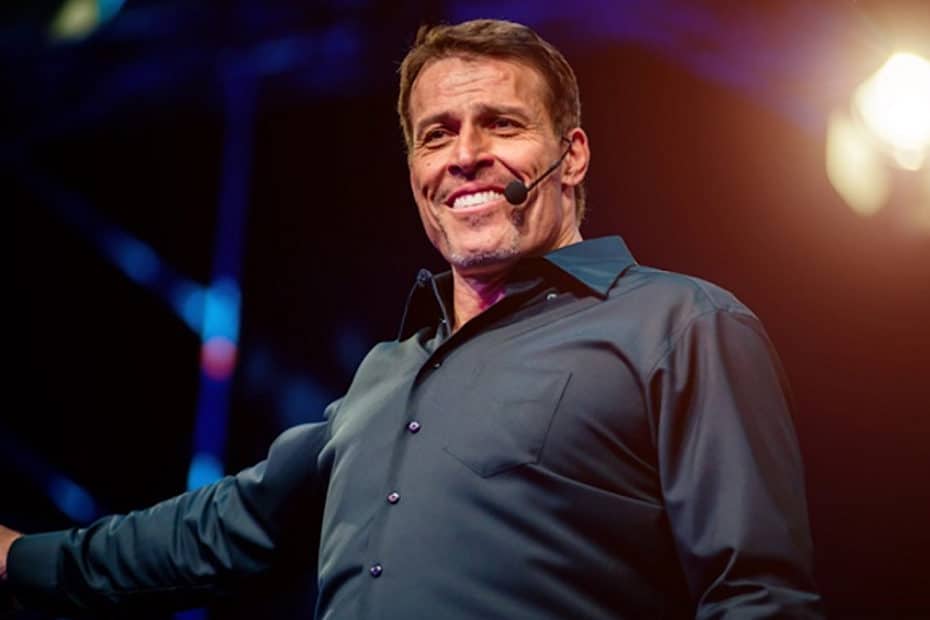“I had a thousand dollars in my bank account. It felt strange just to think that, let alone say it. A thousand dollars. Extra. That I did not immediately need. It took weeks for me to come to terms with this fact, but as I did, I began to experience the most powerful advantage of money: the ability to think of things besides money.”
Tara Westover, Educated (Page 207)
“Money only marginally changes life. It doesn’t solve the problems that people without it seem to think it will. In fact, no material possession will. External things can’t fix internal issues.”
Ryan Holiday, The Daily Stoic (Page 31)
Money, like all life, is an energy exchange. You give yourself over to whatever you’re passionate about, and what comes back to you is energy in the form of monetary compensation. You attract more or less of what you want by how you choose to interact with it, as well as what you believe about yourself. Do you truly feel you deserve what you’re asking for? Are you worth it? How you answer impacts what comes your way.”
Alicia Keys, More Myself (Page 81)
“Success is largely the failures you avoid. Health is the injuries you don’t sustain. Wealth is the purchases you don’t make. Happiness is the objects you don’t desire. Peace of mind is the arguments you don’t engage. Avoid the bad to protect the good.”
James Clear, Blog
Ryan Holiday Quote on Questions and How The Best Questions Lead To The Best Answers
“Tim Ferriss always seems to ask the best questions: What would this look like if it were easy? How will you know if you don’t experiment? What would less be like? The one that hit me the hardest, when I was maybe 25, was, ‘What do you do with your money?’ My answer at the time was ‘Nothing, really.’ Okay, so why try so hard to earn lots more of it?”
Ryan Holiday, Medium
Beyond the Quote (269/365)
The first and last questions listed above were the ones that hit me the hardest: “What would this look like if it were easy?” and “What do you do with your money?” The thing about asking better questions is that they lead to better answers. When you can become the person who asks “the best questions” then you’ll inevitably start getting the best answers—answers that never occur to most people because their minds aren’t even looking in the right places. And the people with the best answers are the ones who almost always get the best results.
Read More »Ryan Holiday Quote on Questions and How The Best Questions Lead To The Best AnswersWitt Lowry Quote on Happiness and Why You Need To Free Yourself From Materialism
“If you’re not happy, you’re forever in debt.”
Witt Lowry, Debt
Beyond the Quote (228/365)
Debt is something, typically money, that’s owed. When you borrow $20 from your friend, you’re in debt to them. Until you pay them back, you will have that debt weighing on your shoulders. That’s why repaying a debt is such a gratifying, lightening feeling. You’re lightening the worry of your load. But, what about the debts that we imaginarily create in our minds? Sounds ridiculous, right? But, think about it.
Read More »Witt Lowry Quote on Happiness and Why You Need To Free Yourself From Materialism“Never use a credit card for credit. The only kind of credit, or debt, that is acceptable is debt to acquire something whose exchange value is extremely likely to increase, like in a home. The exchange value of most things diminishes or vanishes the moment you purchase them. Don’t be in debt to losers.”
Kevin Kelly, Blog
Naval Ravikant Quote on Freedom and Living Below Your Means
“People who live far below their means enjoy a freedom that people busy upgrading their lifestyles can’t fathom.”
Naval Ravikant
Beyond the Quote (184/365)
Most people think that freedom is the absence of responsibility. But, when you look closely, the opposite is actually the case: freedom is a byproduct of responsibility. You can’t be free until you’ve taken proper responsibility for yourself and your life. You can’t even free up the mental resources needed to enjoy said freedom until you’ve covered the bases for your survival, right? How free are you really if you’re starving? How free can you possibly be if you’re without water? Is being free of a house freedom? Or is it a constant threat to your survival and a chronic cage of worry that haunts you? Let’s start by looking at the relationship between freedom and responsibility more closely.
Read More »Naval Ravikant Quote on Freedom and Living Below Your Means32 No Bullsh*t Mark Manson Quotes from The Subtle Art of Not Giving a F*ck
Excerpt: These quotes from The Subtle Art of Not Giving a F*ck are practical and sugar-coating free. Read for a powerful kick-in-the-ass.
Read More »32 No Bullsh*t Mark Manson Quotes from The Subtle Art of Not Giving a F*ck
“Monks and priests take vows of poverty because it will mean fewer distractions, and more room (literally) for the spiritual pursuit to which they have committed. No one is saying we have to go that far, but the more we own, the more we oversee, the less room we have to move and, ironically, the less still we become. Start by walking around your house and filling up trash bags and boxes with everything you don’t use. Think of it as clearing more room for your mind and your body. Give yourself space. Give your mind a rest. Want to have less to be mad about? Less to covet or be triggered by? Give more away.”
Ryan Holiday, Stillness is the Key (Page 210)
“No one dogged by creditors is free. Living outside your means is not glamorous. Behind the appearances, it’s exhausting. It’s also dangerous. The person who is afraid to lose their stuff, who has their identity wrapped up in their things, gives their enemies an opening. They make themselves extra vulnerable to fate.”
Ryan Holiday, Stillness is the Key (Page 209)
“Mo’ money, mo’ problems, and also mo’ stuff, less freedom.”
Ryan Holiday, Stillness is the Key (Page 209)
“More does nothing for the one who feels less than, who cannot see the wealth that was given to them at birth, that they have accumulated in their relationships and experiences. Solving your problem of poverty is an achievable goal and can be fixed by earning and saving money. No one could seriously claim otherwise. The issue is when we think these activities can address spiritual poverty.“
Ryan Holiday, Stillness is the Key (Page 124)
“Life is one long motherf*cking imaginary game that has no scoreboard, no referee, and isn’t over until we’re dead and buried. And all I’d ever wanted from it was to become successful in my own eyes. That didn’t mean wealth or celebrity, a garage full of hot cars, or a harem of beautiful women trailing after me. It meant becoming the hardest motherf*cker who ever lived. Sure, I stacked up some failures along the way, but in my mind the record proved that I was close. Only the game wasn’t over, and being hard came with the requirement to drain every drop of ability from my mind, body, and soul before the whistle blew. I would remain in constant pursuit. I wouldn’t leave anything on the table. I wanted to earn my final resting place.” ~ David Goggins, Can’t Hurt Me
25 Tony Robbins Quotes on Money and Achieving Financial Freedom
Excerpt: These 25 Tony Robbins quotes on money will give you strong insights on wealth and will help you keep moving forward towards financial freedom.
Read More »25 Tony Robbins Quotes on Money and Achieving Financial Freedom





